News

NEWS
Tata-Cornell celebrates 5 years of fighting hunger in India
May 3, 2018
This Cornell Chronicle article describes TCI’s current projects and activities as well as the new exhibit designed to mark the occasion of the Institute’s fifth anniversary. Developed in collaboration with Mann Library, the exhibit “Portraits in Progress: Confronting Indian Malnutrition through Field-based Research Under the Tata-Cornell Institute” will run through September 2018.
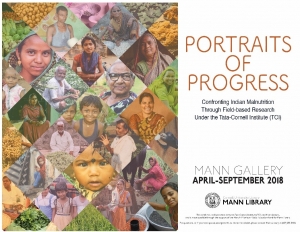
NEWS
Portraits of Progress: Confronting Indian Malnutrition through Field-based Research under the Tata-Cornell Institute (TCI)
April 26, 2018
The opening reception for this new exhibit was on Thursday, May 3rd from 4-5:30 p.m. in the Mann Library, Second Floor Gallery. “Portraits of Progress” celebrates five years of the Tata-Cornell Institute (TCI) and its focus on solving chronic malnutrition in India through action-oriented, multidisciplinary academic research and policy analysis. A collaboration between TCI and Mann…

BLOG
A Current Scenario of India’s Fight against Undernourishment
April 12, 2018
In this interview, SPANDAN speaks with Dr. Soumya Gupta, Research Economist at TCI-TARINA, on the prevailing condition of undernourishment in India. She mentions the factors that are lagging behind for addressing the problem and stresses the need for the coming together of experts from different disciplines of science and government agencies, instead of each discipline…
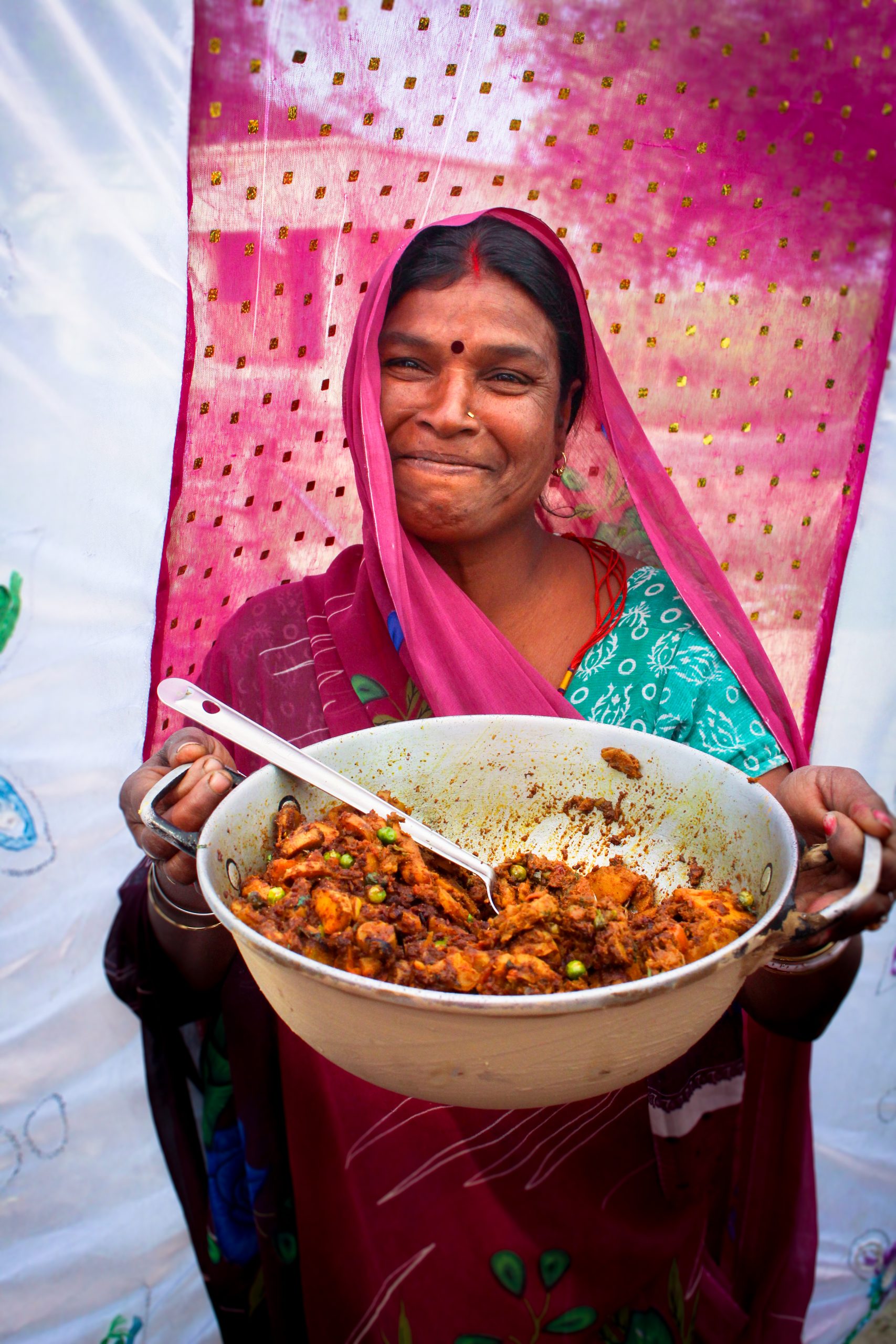
BLOG
New food for better health: Introducing orange sweet potato to Uttar Pradesh
April 10, 2018
On a bright, windy morning in the rural district of Maharajganj, Sunita Devi listens for the crackling of cumin seeds in hot mustard oil, then adds a heap of chopped onions and garlic to the pan, smiling as they begin to sizzle and brown. She is trying out a new recipe, using a vegetable that—up…
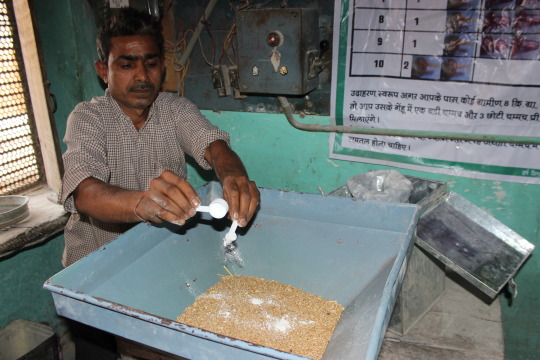
BLOG
Can social marketing be a path towards improved nutrition?
March 26, 2018
The Tata-Cornell Institute (TCI) has been running an iron flour fortification program in a tribal community in Gujarat. It uses the principles of social marketing to generate awareness about the importance of iron and other micronutrients, and consequentially aims to drive demand for the fortificant branded as “Sfurti”. The eventual goal is to understand if…
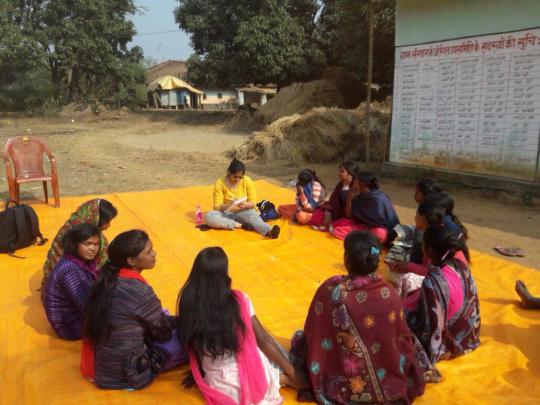
BLOG
Making adolescent girls a priority, not an afterthought, in the global health debate
March 5, 2018
“In global health, we talk a lot about neglected diseases like onchocerciasis and schistosomiasis—serious ailments that most people have never heard of. But a condition that everybody is perfectly aware of, malnutrition, may be the most neglected health problem in the world—and it affects many more people than any single disease.” Melinda Gates wrote that in 2014 on “Impatient…

NEWS
Roundtable: budgeting for food in India’s Budget 2018
February 23, 2018
Jointly organized by National Institute of Public Finance & Policy and TCI, this roundtable discussion “Towards budgeting for a diversified food system for improved nutritional outcomes: perspectives and opportunities” was held In New Delhi on February 20th, 2018. Video of remarks by Prabhu Pingali entitled “From Food to Nutrition Security: the Evolution of Food Policy in…
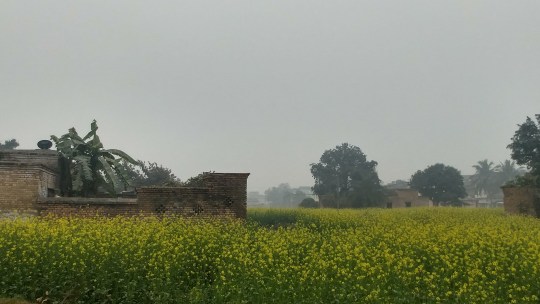
BLOG
Bridging the gap: Soil health in Ithaca and India, from lab to field to lab
February 21, 2018
Bihar, 2018: The thick fog blanketed the city making it impossible to see any of the buildings down below. I’d been warned of the trouble with fog in the northern part of India but the inability to see anything beyond a few meters ahead of me was not something I was prepared for. I had…
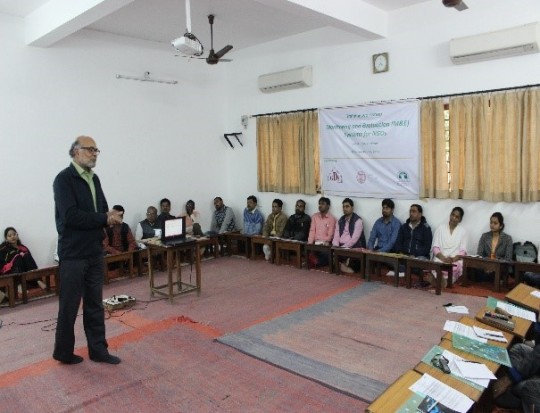
BLOG
Building capacity for project monitoring, evaluation, and learning among a wide range of organizations and stakeholders
February 20, 2018
TCI’s TARINA Center of Excellence in New Delhi provides capacity building on project monitoring and evaluation (M&E) to senior- and mid-level managers of organizations interested in advancing data-based solutions for development effectiveness. Recently, TCI conducted two M&E workshops, one for managers of nongovernmental organizations (NGOs) and another for managers of corporate social responsibility (CSR) projects….
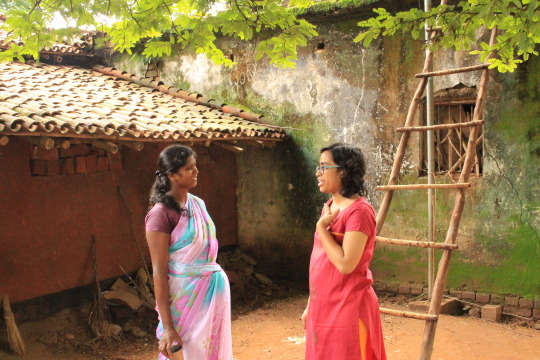
BLOG
Is my time the same as your time? A note on the concept of time in Indian villages
February 15, 2018
Many of us conducting research in development economics deal with different types of data sets for our analysis. We generally have two options for empirical research in development economics: either we can use available secondary data sources, or we can go and collect primary data ourselves. There are many advantages of collecting primary data. It allows us to design…

